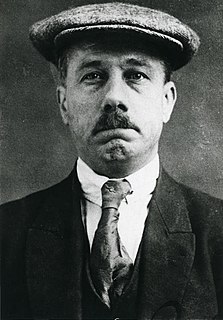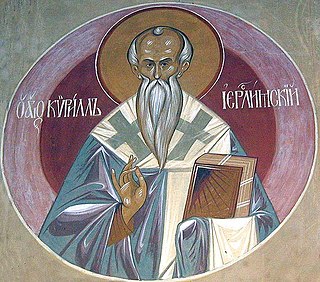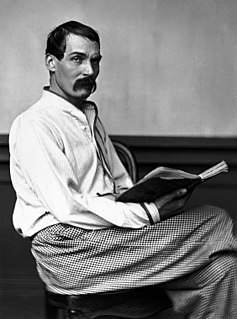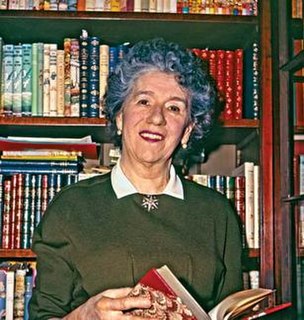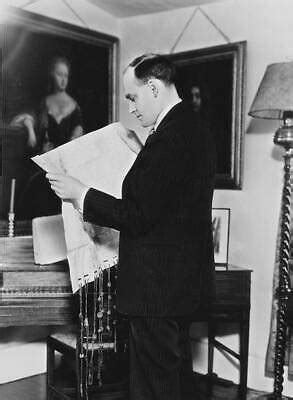A Quote by William Jones
I have carefully and regularly perused the Holy Scriptures, and am of opinion that the volume contains more sublimity, purer morality, more important history, and finer strains of eloquence, than can be collected from all other books, in whatever language they may have been written.
Related Quotes
I believe in the flesh and the appetites, Seeing, hearing, feeling, are miracles, and each part and tag of me is a miracle. Divine am I inside and out, and I make holy whatever I touch or am touched from, The scent of these armpits aroma finer than prayer, This head more than churches, bibles, and all the creeds.
My personal history would not be disappointing to readers, but it is my own affair which I want to keep to myself. I am in fact in no way more important than is the typesetter for my books, the man who works the mill; no more important than the man who binds my books and the woman who wraps them and the scrubwoman who cleans up the office.
Only idiots or snobs ever really thought less of 'genre books' of course. There are stupid books and there are smart books. There are well-written books and badly written books. There are fun books and boring books. All of these distinctions are vastly more important than the distinction between the literary and the non-literary.
Rama, the ancient idol of the heroic ages, the embodiment of truth, of morality, the ideal son, the ideal husband, and above all, the ideal king, this Rama has been presented before us by the great sage Valmiki. No language can be purer, none chaster, none more beautiful, and at the same time simpler, than the language in which the great poet has depicted the life of Rama.
In regard to the divine and holy mysteries of the faith, not the least part may be handed on without the Holy Scriptures. Do not be led astray by winning words and clever arguments. Even to me, who tell you these things, do not give ready belief, unless you receive from the Holy Scriptures the proof of the things which I announce. The salvation in which we believe is not proved from clever reasoning, but from the Holy Scriptures.
Either you allow Holy Scriptures to change you, or you will normally try to use it to change--and clobber--other people. It is the height of idolatry to use the supposed Word of God so that my small self can be in control and be right. But I am afraid this has been more the norm than the exception in the use of the Bible.
[Shahrazad] had perused the books, annals and legends of preceding Kings, and the stories, examples and instances of by gone men and things; indeed it was said that she had collected a thousand books of histories relating to antique races and departed rulers. She had perused the works of the poets and knew them by heart; she had studied philosophy and the sciences, arts and accomplishments; and she was pleasant and polite, wise and witty, well read and well bred.
I have written it before and am not ashamed to write it again. Without Wodehouse I am not sure that I would be a tenth of what I am today -- whatever that may be. In my teenage years, his writings awoke me to the possibilities of language. His rhythms, tropes, tricks and mannerisms are deep within me. But more than that, he taught me something about good nature. It is enough to be benign, to be gentle, to be funny, to be kind.


